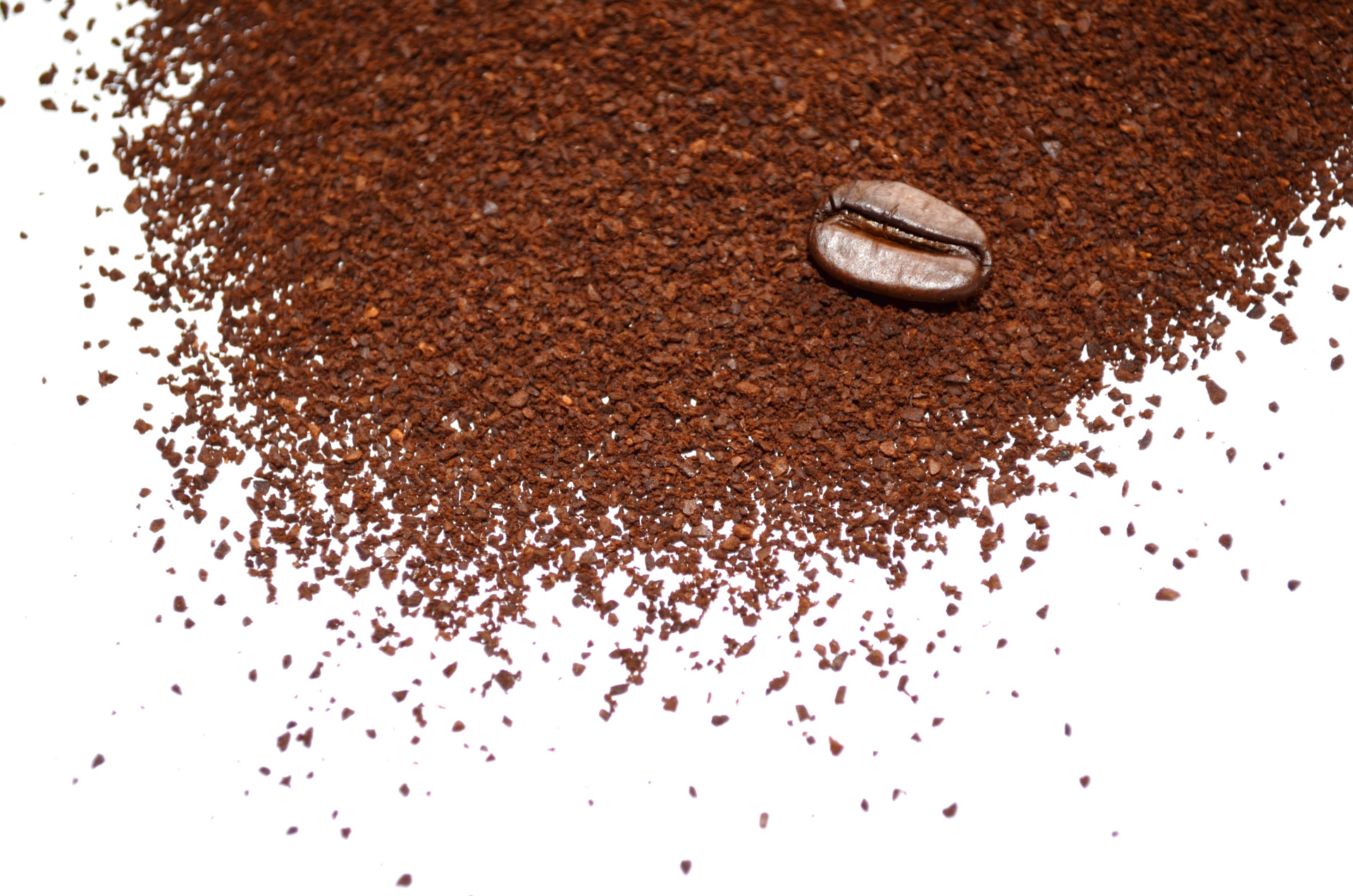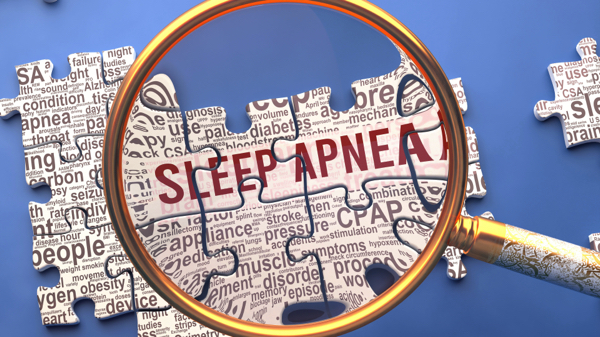© Brighteon.com All Rights Reserved. All content posted on this site is commentary or opinion and is protected under Free Speech. Brighteon is not responsible for comments and content uploaded by our users.
EDIBLE INSECTS AND FOOD SAFETY
The Food and Agriculture Organization of the United Nations (FAO) has recently published the document “Looking at edible insects from a food safety perspective”. PDF below: (find it at this website):
https://ejercitoremanente.com/2022/07/13/veterinario-warns-of-5-unknown-risks-of-eating-insects/
The health risks of eating insects, according to the FAO experts from the UN Food and Agriculture Organization point out some nutritional, biological and chemical hazards.
Insects are a sustainable and affordable source of protein, and they are getting closer to being part of the diet of citizens around the world. Although there are still those who distrust this alternative, especially Western populations, where its intake is less common.
The truth is that in the European Union not everyone can market them if they are sold for human consumption. An application for authorization of new foods or notification for traditional products from third countries must be submitted beforehand, as indicated by the Spanish Agency for Food Safety (AESAN) in this document:
(find it on this website);
https://ejercitoremanente.com/2022/07/13/veterinario-warns-of-5-unknown-risks-of-eating-insects/
In January 2021, the European Food Safety Authority (EFSA) published the first safety assessment of an insect as a novel food, specifically the one known as the mealworm. These controls are necessary in the regulation of novel foods in Europe, since scientific advice supports decision-making when it comes to enabling the commercialization of these products on the European market.
Also because the consumption of insects, as with other foods, is not without risk. These are the most common, according to a recent report by the FAO (UN Food and Agriculture Organization):
Nutritional risks:
Insect-based products may present potential allergenic risks to consumers, particularly those who are allergic to shellfish due to cross-reactivity.
Biological risks:
Pathogenic insect microbes are considered harmless to humans, but they can carry microorganisms harmful to health, especially in poorly controlled hygienic conditions. According to experts, this risk seems low, but it is an issue that requires further investigation.
Bacterial species have been associated with edible insects and, although the risks associated with foodborne viruses from consuming edible insects are low, they are thought to be potential vectors. Different species of fungi have also been related to the microbiota found on the surface of the body or intestine of edible insects; and antimicrobial resistance genes (AMR) are an emerging concern as they can affect human health.
Chemical hazards:
Insects raised on agricultural waste can be exposed to mycotoxins, crop protection products such as pesticides, and other chemical hazards, such as toxic metals and dioxins. Additionally, if livestock and poultry manure is used for insect rearing, they may be exposed to antimicrobials and pesticides.
There are other substances that are also of concern to specialists, such as flame retardants, dioxins and mineral oils. Also in the spotlight are antimicrobials and their use for the treatment of microbiological and parasitic infections of food insects, information on which there is little literature.
https://www.lavanguardia.com/comer/al-dia/20210420/6984340/riesgos-comer-insectos-fao.html
-----------------------------
INSECTOS COMESTIBLES Y SEGURIDAD ALIMENTARIA
La Organización de las Naciones Unidas para la Agricultura y la Alimentación (FAO), ha publicado recientemente el documento ”Looking at edible insects from a food safety perspective”......
TODA LA INFORMACIÓN EN ESPAÑOL, AQUÍ:
https://ejercitoremanente.com/2022/07/13/veterinario-advierte-de-5-riesgos-desconocidos-de-comer-insectos/
https://www.lavanguardia.com/comer/al-dia/20210420/6984340/riesgos-comer-insectos-fao.html





